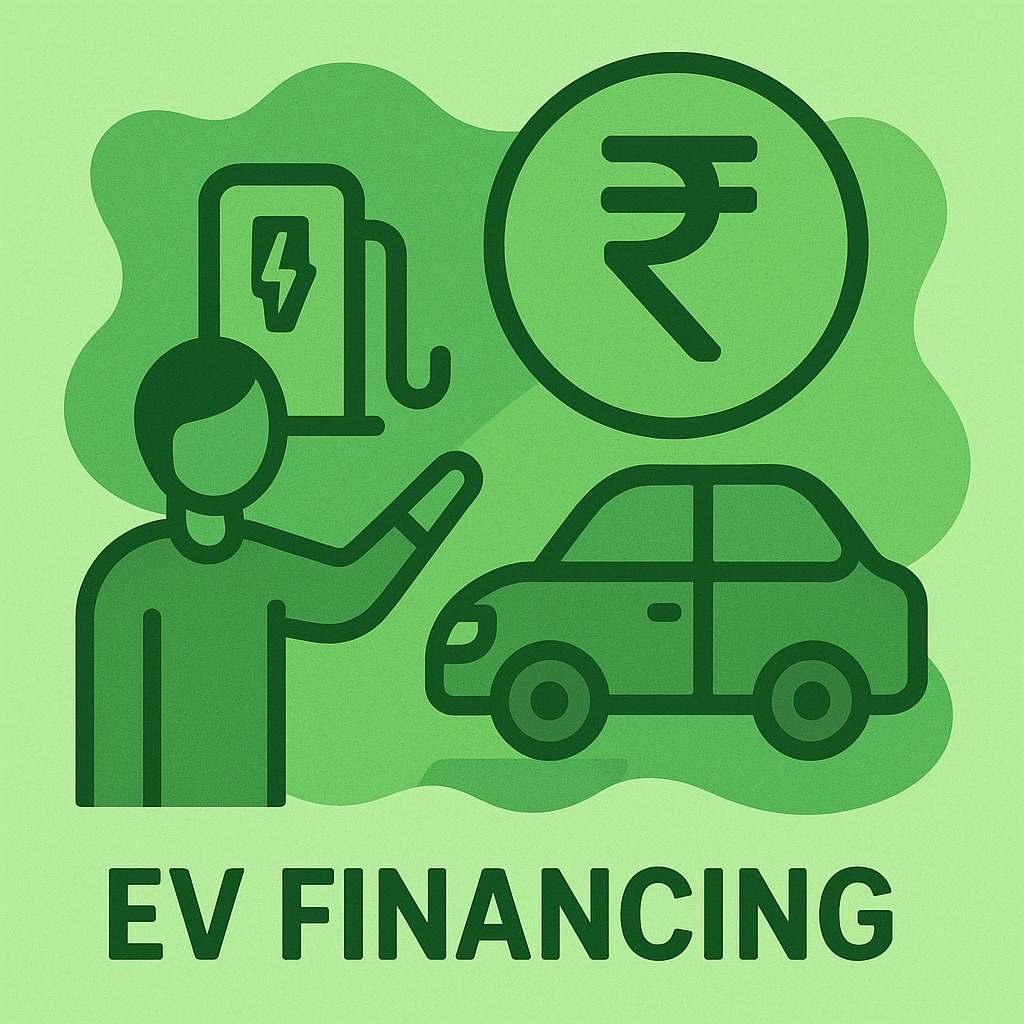
At CR Capital, we are committed to supporting India’s sustainable transportation revolution. Our Electric Vehicle (EV) Financing solutions are crafted to meet the evolving needs of individual buyers, fleet operators, and businesses across the EV value chain.
Whether you’re purchasing an electric two-wheeler, building a commercial EV fleet, or setting up charging infrastructure, we offer flexible financing, quick disbursal, and support aligned with government incentives and policies.
The adoption of electric vehicles (EVs) is on the rise globally, driven by environmental concerns, and regulatory mandates. In India, the government has set ambitious targets for EV penetration, creating a significant opportunity for Non-Banking Financial Companies (NBFCs) to expand their financing offerings. The Ministry of Heavy Industries of Government of India approved the E-Vehicle policy1 (‘the Scheme’) on March 15, 2024 to promote India as a manufacturing destination for Electric Vehicles (‘EV’). The Scheme’s objectives are to attract investments by large global EV manufacturers, generate employment, provide Indian consumers with access to the latest technology, and boost the Make in India initiative. The Scheme also aims to achieve economy of scale, reduction in import of crude oil, lower costs of production, lower trade deficit, and reduction in air pollution. NBFCs can play a crucial role in facilitating the transition to electric mobility by providing tailored financial solutions for EV buyers and manufacturers.
Types of Electric Vehicle Loans
Target Audience
Advantages of EV Financing by NBFCs
Regulatory Environment
Market Dynamics
Strategic Partnerships
Risk Management
The Company is having a valid Certificate of Registration dated 4th December 2024 issued by the Bank under section 45-IA of the RBI Act. However, the Reserve Bank of India does not accept any responsibility or guarantee about the present position as to the financial soundness of the company or for the correctness of any of the statements or representations made or opinions expressed by the company and for repayment of deposits/discharge of the liabilities by the company.
compliance@crcapital.in
nodalofficer@crcapital.in
+91 9204069740